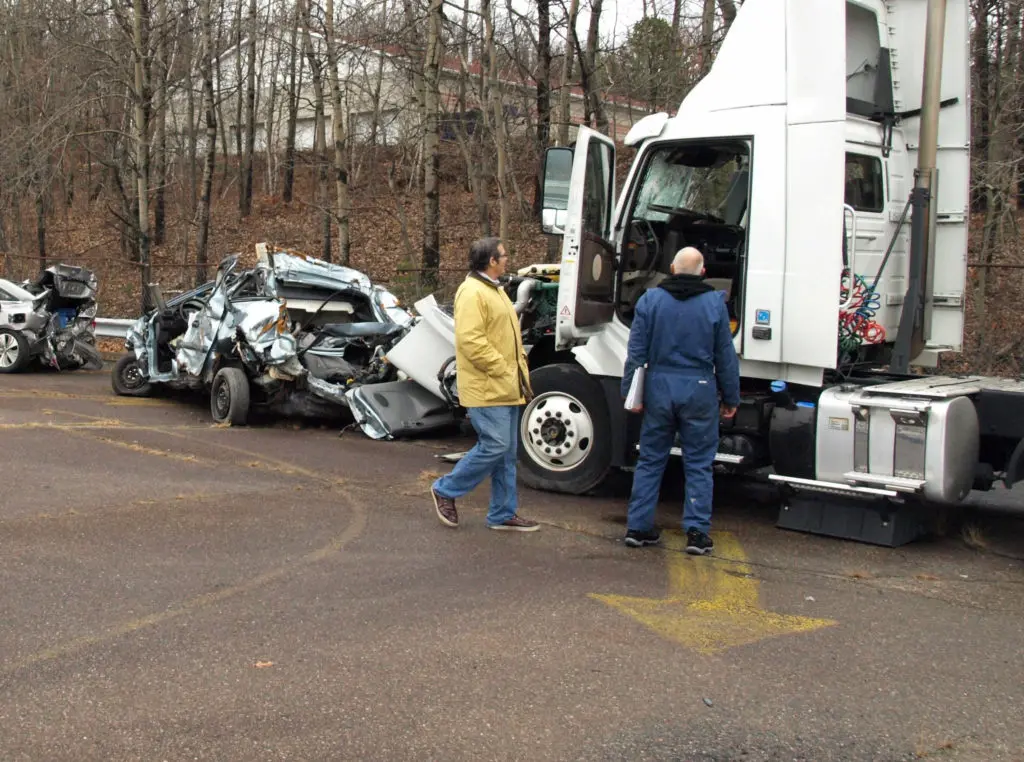What is a Mandate?
A Mandate is, “ A command, order, or direction, written or oral, which court is authorized to give and person is bound to obey. A judicial command or precept proceeding from a court or judicial officer, directing the proper officer to enforce a judgment, sentence, or decree.” (Black’s Law Dictionary 1111. 4th Ed. Rev. 1968)
A court mandate is a command that a person is legally required to comply with if they are ordered to do so. They can carry a judgment, sentence, or some kind of decree enforcement. Usually, a mandate either orders a person to carry out a specific action or to refrain from doing some specific action.
Mandates are especially relevant in appeals cases. A mandate finalizes an appellate court’s decision. If an appellate court decides that a case must be retried, a mandate is sent from the appellate court to the lower court to go through with whatever further proceedings are necessary. Until a mandate of some kind is issued, the lower court’s decision continues in effect and the appellate court retains control over the appeal. While mandates vary widely in scope and specific purpose, that all establish rules or standards that must be followed. If an individual or organization does not follow them, legal action may be taken against them.
More information about Mandate
What Are the Most Common Ways Truck Drivers Cause Crashes?
Truck Accidents Can Be Devastating. But What Causes Them to Occur?
Enduring the impact of a 50-foot, 80,000-pound commercial vehicle is one of the most traumatic things that can happen to you as a driver. Your injuries can devastate your physical health, keep you out of work, and even render you permanently disabled. Identifying the most common ways truck drivers cause crashes can give you information that may support a claim that you are anticipating, should you be the unfortunate victim of an accident involving a commercial truck, or can keep you well-informed about how you can do your best to steer clear of circumstances that can make you and your loved ones vulnerable to crashes involving large trucks.
If you get into a trucking accident, your first call should be to an experienced truck accident lawyer at Munley Law. We’ve been practicing truck accident law for more than 60 years and we understand how complex these cases can be. […]
Read MoreMore information about Mandate
What Happens When a Trucking Company Violates FMCSA Rules?
What is the FMCSA?
You probably have never heard about the Federal Motor Carrier Safety Administration, known as the FMCSA. The FMCSA is a federal agency responsible for overseeing commercial motor vehicles, generally large trucks and buses, in the United States. It is charged with reducing crashes, as well as injuries and fatalities, caused by accidents involving commercial vehicles.
Even with an agency responsible for overseeing the industry, there are, of course, accidents involving commercial trucks and buses. And some of those accidents are caused by those who fail to–or choose not to–follow FMCSA regulations. Below, our truck accident lawyers explain briefly what happens when a trucking company violates federal motor carrier safety rules.
What are FMCSA Rules? Where Do they Come From?

The FMCSA is a federal agency housed within the Department of Transportation. […]
Read MoreMore information about Mandate
Business Interruption Insurance
Business interruption insurance is designed to cover the loss of income normally earned by a business as a result of the forced suspension of operations. Unlike property insurance, which covers physical damage, business interruption insurance protects against lost income while the business is closed, and during the rebuilding period after the closing.
Given the current coronavirus pandemic, the Governor of the state of PA, along with governors in many states throughout the country, has issued a state-wide mandate requiring all non-essential businesses to close. As a result, businesses are looking to their business interruption insurance to help them survive.
Most business interruption policies will cover:
Profits that would have been earned, based on prior financial statements
Fixed costs still being incurred despite the closure
Extra expenses to allow the business to continue to operate until a return to more normal circumstances
Employee wages to allow you to retain your employees
Taxes to allow you to remain current on taxes and avoid penalties
Loan payments
When businesses are allowed to re-open, […]
Read MoreMore information about Mandate
NHTSA Delays Ruling on Making Back-Up Cameras Mandatory
At the end of 2010 the National Highway Traffic Safety Administration (NHTSA) announced it was considering a proposal to require all passenger vehicles to install back-up cameras to limit back-over accidents. Last week, however, the NHTSA announced it has postponed ruling on the mandatory requirements saying it needs to conduct “further study and data analysis.”
The Cameron Gulbransen Kids Transportation Safety Act was named for a child who was killed by his father as he was backing out of his driveway not realizing the two-year-old boy was playing behind the vehicle. The ruling would be especially beneficial in protecting the lives of children, the elderly, and hearing and sight impaired pedestrians.
At the time the change was recommended, Transportation Secretary Ray LaHood said: “There is no more tragic accident than for a parent or caregiver to back out of a garage or driveway and kill or injure an undetected child playing behind the vehicle. […]
Read More








